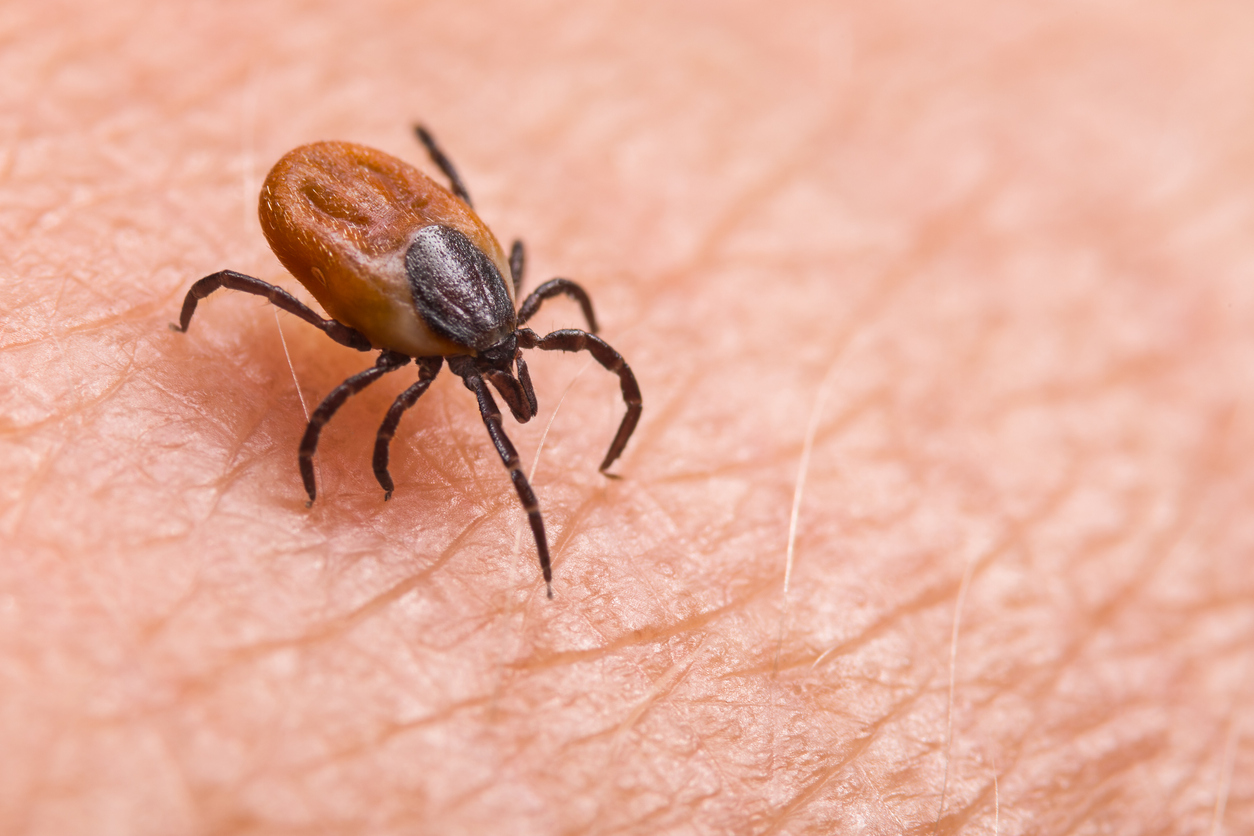Valneva accelerates Lyme disease vaccine R&D project with Pfizer

Valneva has said it plans to accelerate research into its Lyme disease vaccine candidate VLA15, bringing forward a trial including children into the first quarter of 2021.
Subject to approval from regulators the vaccine specialist said it plans the trial known as VLA15-221 as a randomised, observer-blind phase 2 study including around 600 healthy people aged 5-65 years of age.
They will receive VLA15 at the dose of 180 micrograms, which was selected based on data from two ongoing phase 2 studies.
First data from the study is expected by the second quarter of 2022 and all three studies will support a phase 3 pivotal efficacy trial including all main target populations for the Lyme vaccine, starting in 2022.
Starting the next phase 2 study will trigger a milestone payment from Pfizer to Valneva of $10 million under a collaboration announced in April this year.
Under the agreement Valneva could receive up to $308 million in cash payments, after Pfizer paid $130 million up front for marketing rights to the vaccine if it succeeds in the clinic.
Pfizer will pay up to $45 million in development related milestone payments and up to $143 million if the vaccine hits early sales targets.
Valneva is paying 30% of development costs and in return Pfizer will pay tiered royalties starting at 19% and will lead late-stage development.
VLA15 is the only active Lyme disease vaccine in clinical development today, and covers six strains that are prevalent in North America and Europe.
This investigational multivalent protein subunit vaccine targets the outer surface protein A (OspA) of the bacterium Borrelia that causes the disease, an established mechanism of action for a Lyme disease vaccine.
OspA is one of the most dominant surface proteins expressed by the bacteria when present in the ticks that spread the disease.
VLA15 has demonstrated a promising immune response and safety data in pre-clinical and clinical studies so far.













